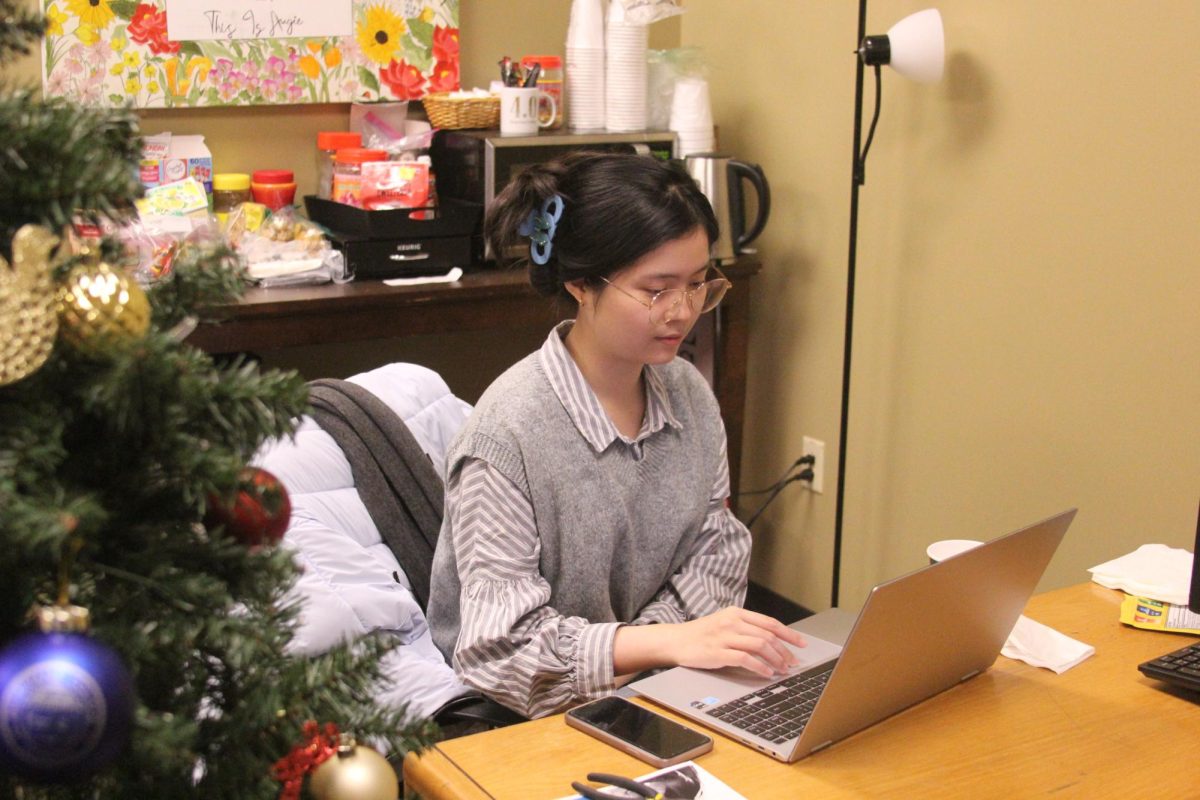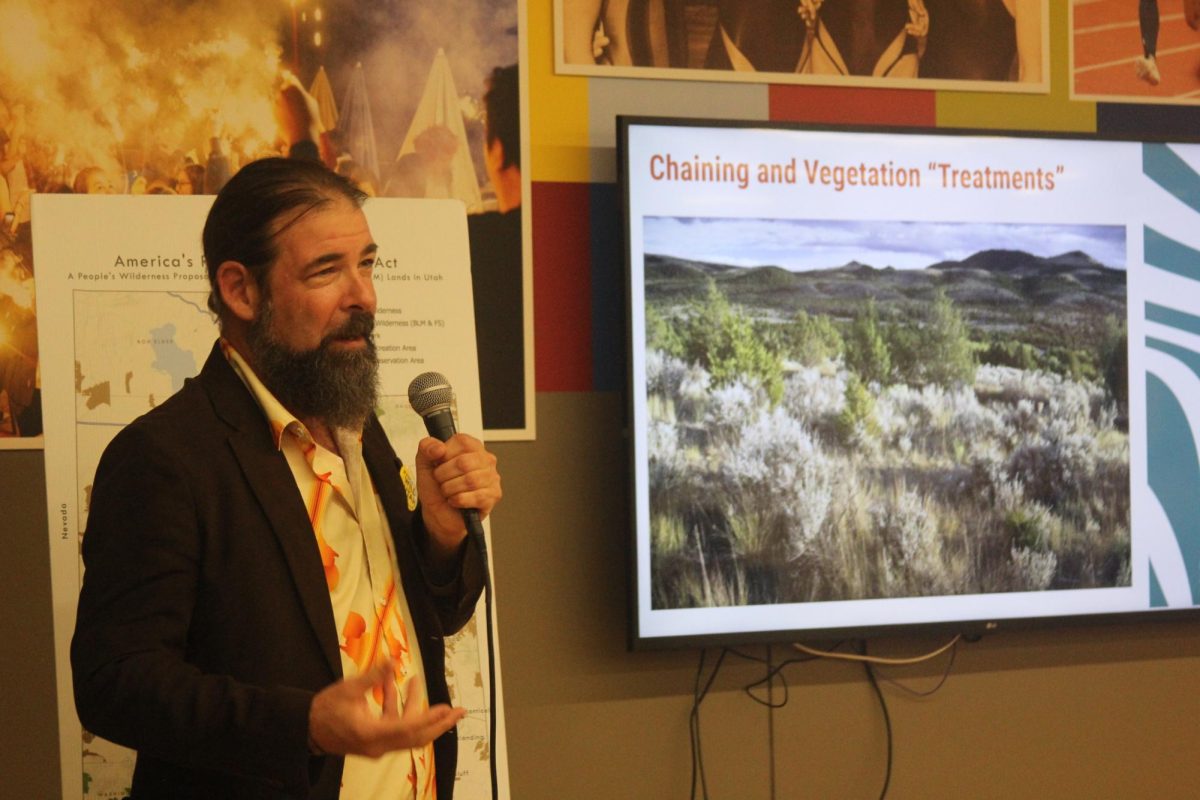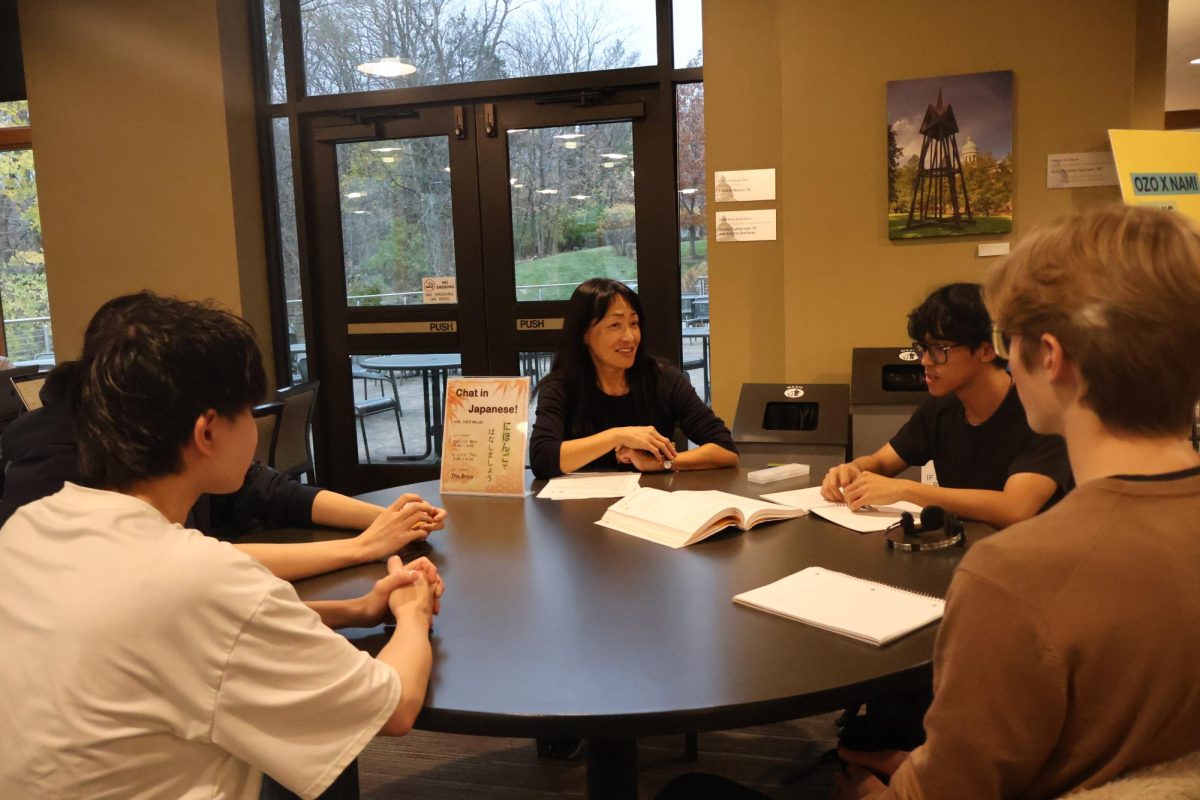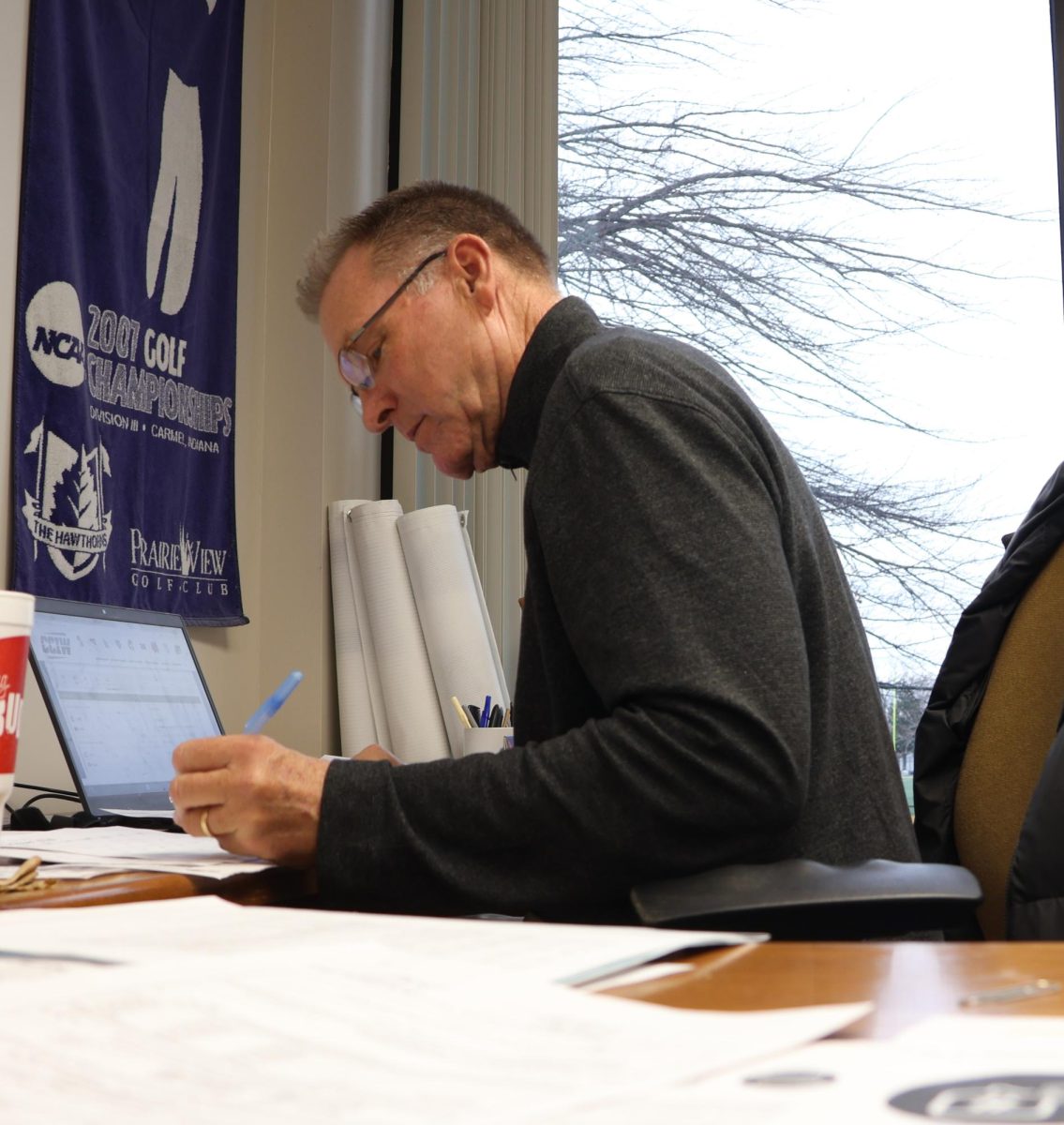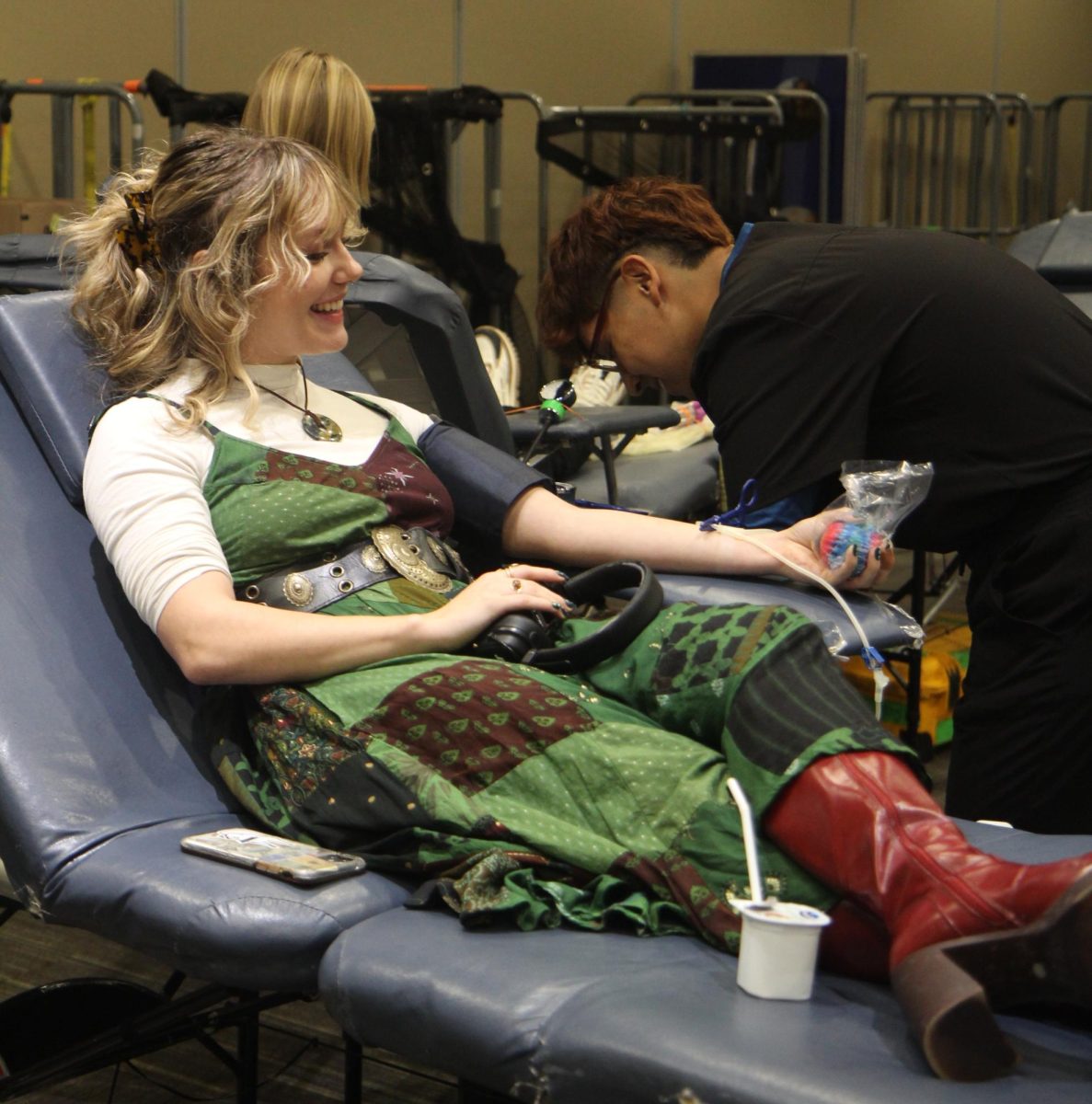Beginning next school year, business administration students can enroll in the Business Education Steeped in the Liberal Arts (BESLA) program. BESLA will encourage students to find their calling within the business industry, bridging students’ career goals with the broader value of a liberal arts education.
The inaugural 2025 fall BESLA cohort will consist of approximately 20-30 Business Administration students. The program is funded by a $105,000 “Vocation Across the Academy” grant from the Network for Vocation in Undergraduate Education (NetVUE), which the college was awarded this summer.
Amanda Baugous, professor of business administration, said BESLA is a co-curricular program, featuring both a curricular and experiential approach to learning. She said the program received funding for a total of three years, allocating roughly $30,000 each year.
Next semester, the college will pilot its first BESLA course, “Religion and the Vocation of Business.” The class will be co-taught by Baugous and Jason Mahn, professor of religion and director of the Presidential Center for Faith and Learning.
Mahn said the course will bring together the study of religion and thinking of business as a vocation.
“Religious people might say ‘God has called me to this line of work,’ but secular folks also use that language to talk about the importance of work that serves other people and helps a community flourish,” Mahn said. “So, we’ll be working back and forth between understanding work and business, in particular, and these religious ideas to think about what kind of work in business is ‘good’ work and how it serves other people.”
He said the class will be available for all students and fulfills the reasoned examination of faith (REF) requirement. Since this will be the program’s first course, Mahn said he hopes the course will help gauge what students are interested in the BESLA program.
“We will mostly try to target First-Year students and [sophomores]who are either business administration majors or planning to become business administration majors,” Mahn said.
The BESLA program will offer a variety of courses in the future, he said, such as two sections of First-Year Inquiry (FYI) and REF during the 2025-2026 school year. Baugous said BESLA will aim to encourage students to think about “business in context.”
“Our hope is that it gives them a chance to carve out time to really think about who they are and the degree they’re pursuing and what kind of contribution they want to make to the organizations they work for and the communities they live in,” Baugous said. “Sometimes those kinds of questions get put off because we’re busy, so part of this program is to encourage students to think about the bigger questions.”
Baugous said BESLA scholars will meet with local community leaders and alumni once a month to learn more about business “beyond its practical expectations.” The program hosted its first speaker, Chris Hedlin ’11, at this fall’s Symposium Day.
Hedlin is an assistant teaching professor at Notre Dame and assistant director of the Sheedy Family Program in Economy, Enterprise and Society. Junior Marcos Martinez attended the talk and said Hedlin discussed the common misconceptions of business.
“People have this idea that students who major in business are just in it for the money,” Martinez said. “And even though a business is made to make money, you can use that money to pour back into the community and help.”
Martinez said he enjoyed meeting with professionals in business and stressed the importance of connections, especially as he nears graduation. He said the BESLA program also draws his interest.
“It sounds like something that I wish existed when I was a freshman,” Martinez said. “Just to get my foot into the world of business. It would’ve been really nice.”

